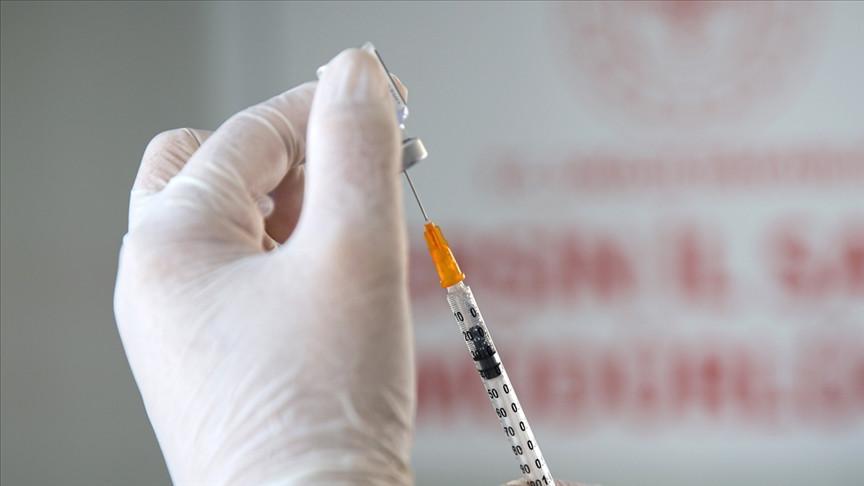
Turkey’s health minister has called for a common and coordinated action in order to accelerate vaccinations against COVID-19.
“We are expecting support from the healthcare community to help overcome vaccine hesitancy and from all media outlets to reach out to the public and get messages regarding the vaccination across,” Fahrettin Koca said.
The minister once again appealed to people to follow the anti-virus rules and get their shots without any further delay.
Koca often complains that people are skipping their second or third doses of the COVID-19 vaccine, while millions of others have not yet received a single dose.
According to the data from the country’s Health Ministry, more than 119 million doses of the coronavirus vaccines have been administered since mid-January when Turkey launched its inoculation drive.
Some 50 million people, or more than 80 percent of the population, aged 18 and above have been double jabbed, while around 56 million people, or a little more than 90 percent of the country’s adults, have received their first dose.
On top of that, more than 11 million people have been given a booster shot of the COVID-19 vaccine.
The slowing jab drive is worrying experts as they fear that the number of daily coronavirus cases, which are presently hovering at more than 20,000, could spike in the weeks ahead.
They note that the virus is spreading among young people, who are very responsive to calls for getting the shot but show mild symptoms even if they contract with virus. Most of the deaths due to COVID-19 occur among the elderly.
Meanwhile, anxiety and solitude due to the coronavirus pandemic is growing rapidly among Turkish society, according to a psychiatrist.
Ali Hasan Öztürk, a psychiatrist from Tatvan State Hospital, said the symptoms of loneliness, helplessness, fear and uneasiness started among the people who stayed away from each other during the pandemic period.
Stating that they had the opportunity to observe the psycho-social and social effects of the pandemic in the last two years, Öztürk said that the fact that the clinical processes and symptoms of the disease are not fully known, that there is no known treatment and that its fatality raises concern, cause negative effects on the society.
“In particular, disinformation on social media, the dissemination of unfounded information in the society and some videos were imposed on the society, causing an unwarranted and intense fear,” Öztürk said.